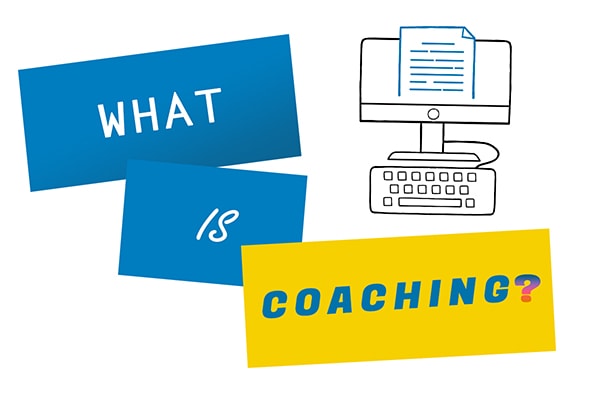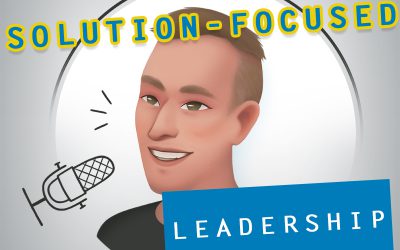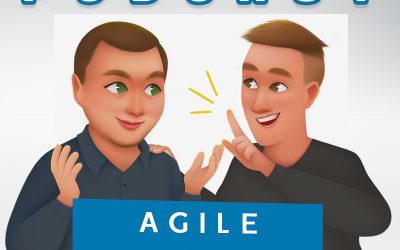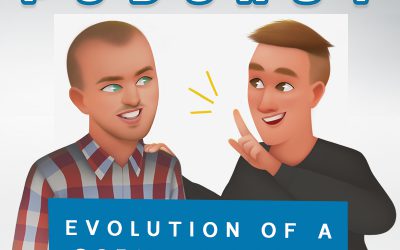What is Coaching?
Consulting, Counseling, Mentoring, Training, Coaching. What are these things? I hear too often people mixing up all of them. What I dislike about using these terms interchangeably is that in the end, it is not beneficial for anyone. It creates confusion.
What people usually say is that it doesn’t matter, that those terms are just words. While it certainly does not matter if you play soccer wearing basketball shoes, it will matter if you want to become professional. We are professionals. We get paid for what we do. We are trusted by our clients to bring value to them. Not caring about the details means being careless and sloppy. Being careless and sloppy is never going to lead to mastery. And mastery is what we should aim for.
Past vs Future
Is what you do focused on creating solutions in the future or fixing a problem that happened in the past? If you ask a lot of “Why” questions to analyze a problem you are focusing on the past. If you are creating new capabilities for the future situation without bothering much about what happened in the past, you are future-oriented.
Tell vs Ask
Do you ask open-ended questions to achieve your goal or do you mainly tell people what to do? These criteria differentiate coaching from mentoring, training, and consulting. Coaching is the approach that does not include a direct transmission of information. Coach does not tell the client what to do. Coach asks questions to help the client think about the matter from different perspectives.
Someone is hungry
Let’s imagine that someone called Joe is hungry and you want to help him.
Consulting: You are hungry because the fridge is empty, you need to set up proper shopping habits. That is the best practice currently.
Counseling: How do you feel right now? What happened when this problem occurred? When did it start?
Mentoring: I am the best fisherman in this area, I will show you how to become an even better one!
Training: At the end of this training, you will be able to create your first fishing net.
Coaching: What is it that you want? How would you know that you’ve got it?
What’s in it for the client?
Consulting
You will receive advice from an expert. The advice might solve your problem fast, unfortunately, you are not building expertise and you are becoming dependant on the expert. Consulting can be very helpful when you want to solve a problem and you do not want to create long-lasting knowledge about it. The expert will come and do the job for you.
Counseling
The counselor will ask questions to help you get past your problem. Counseling is a past-oriented problem-focused approach to get rid of a problem that happened in the past. Counseling is a very general term and in practice is influenced by the concrete educational background of the professional. Depending on the practice the practitioner will use different methods to help you. All in all, counseling is focused on getting away from a problem rather than about creating something new for the future, that’s why it’s problem-focused.
Mentoring
A more experienced individual will share her experiences with you to create new capabilities. Mentoring is not focused on fixing problems rather than building solutions for the future. This means that the mentor will help you to get better at something. Mentoring is not about tackling the problem. You want to be mentored to become better at something. Mentoring is not focused on what happened to you in the past and how to get rid of it.
Training
The trainer will guide you through a predefined content to build basic theoretical understanding. Training is about building new skills, it is not intended to solve current pressing issues. Training is content-specific. The trainer and the trainees gather to build new expertise on the topic of their selection. Therefore training is not intended to analyze a problem that happened in the past, it focuses on building new capabilities that might be useful in the future.
Coaching
The coach will partner with you in a conversation that encourages self-reflection, awareness, goal setting, and designing actions. The biggest advantage of coaching is that it builds the inner expertise of the coachee. The coach is not sharing any information directly nor leading the coachee anywhere without the coachee’s notice. This means that the coachee is always in charge of the process and is the ultimate authority who decides what to focus on and how to achieve it. If you have ever met a coach who selected a topic for you and started telling you what should be done, then this was not coaching. At least not the high-quality coaching that adheres to the ICF standards.
Definition of Coaching
Coaching is defined by the ICF (International Coaching Federation) as partnering with clients in a thought-provoking and creative process that inspires them to maximize their personal and professional potential. (International Coaching Federation, ICF Definition of Coaching 2020)
Benefits of Coaching
Coaching helps people to take responsibility for their lives. It might sound like a cliché but when we do not provide advice, we help people to build their responsibility.
An ICF certified coach who adheres to the highest standards of coaching profession never shares direct advice with the client. She does not judge the client and does not lead the client. The coach acts as a partner in a conversation and her only expertise lies in the questioning and coaching method. Coach does not need to be an expert in the field.
What is wrong with advice?
There is nothing wrong with advice, except the fact that they do not work pretty well when it comes to people. Advice is a piece of information shared by an expert who claims to have superior knowledge over the situation. The two biggest challenges are, that people usually do not follow the advice and that the advice does not fit.
Why people do not follow the advice?
Advice is something external. From systems thinking perspective a person is a system, the advice is something that does not belong to the system as it comes from the outside world. Every system has a natural tendency to resist everything that aims to change it.
When a virus enters your system the first natural reaction of your body is to kill the virus. If someone gives you advice your first natural reaction is to defend your current state of doing things. You look for arguments that support the current way to do things and you will always find some arguments.
We as coaches do not want to create resistance and invite clients to look for arguments to rigidify their current stance. That is why we do not advise.
The advice does not fit
Advising includes an individual who claims that she has superior knowledge about a situation to provide information that should provide a better state of things. A person who claims to be an expert. Might not know better, maybe it’s just the confidence of the consultant. The consultant’s advice might be a good one but might not fit the context. This is a typical case when people advise their friends to start doing some activity to lose weight. This activity was useful to one person but it does not necessarily fit the other one.
Advising creates hierarchy
The hierarchy that advising creates is something people do not like a lot. We in general, do not like the fact, that someone presents himself as having a better understanding of our life. Think about a recent situation where someone told you that you are doing something wrong. I guess the first feeling you had was resistance. Resistance against this claim and also against this person who was thinking she knows better.
I have always felt that there must be something better than this. Something better than giving advice to people. Everyone hates to get advice and everyone loves to give it. I knew deep down inside of myself that there is something broken about this pattern.
When I first started with coaching I felt in love with it.
Coaching is respectful
Coaching is partnering. I see very often junior coaches struggling with this simple concept. They say things like: “I need to make those people more productive. I am leading them to the right destination.” This is not coaching. A coach is someone who partners with the client in a conversation. Being a partner means having an equal position. Trying to get people to a place of your choice is not partnering, it is a hierarchical relationship where you have claimed the upper hand. Leading is not coaching.
Coaching amplifies leadership
Very often people turn to us for advice. Many coaches explain at the beginning that coaching is not about a direct transfer of knowledge and that by the ICF (International Coaching Federation) standards it is forbidden to advise or lead your client, it will happen to every coach that a client asks for an advise. It is somehow natural for us to seek advice. I believe that it is detrimental to our development. Advising creates dependency and hierarchy. A skillful coach will always avoid creating dependency and sharing advice. By asking powerful questions we help the client to build her inner wisdom, expertise, and leadership.
Coaching brings value
According to the ICF standards, a coach should seek an understanding of the client’s desired outcomes at the beginning of each session. In practice, this means that a coach will ask the client what would she like to get from this conversation. At the end of each conversation, a coach needs to check if the value was received. It can of course happen that the client does not find any value in the conversation. In this case, the coach should ask if the client wants to continue the coaching relationship. If this situation happens again in the next session, the coach should check if she understands the client’s desired outcomes properly. If the client is not moving forward then the coach and the client should discuss if it makes sense to continue.
References
Next post: Solution-Focused Coaching





0 Comments